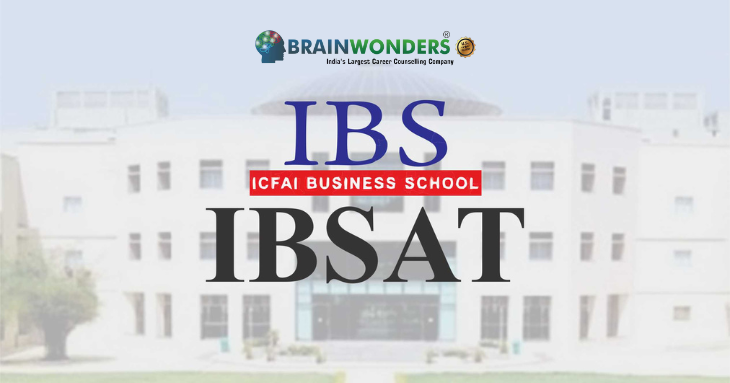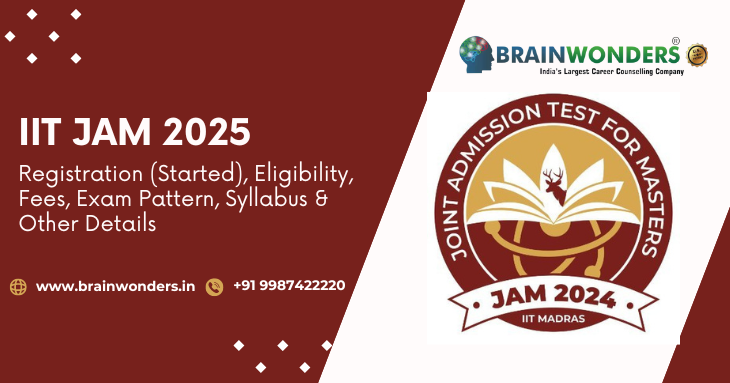

Take Brainwonders Career Test and make the right decisions for your college and course ahead
Get your U.S. Patented DMIT analysis and lead the way to a happy and successful career
Blog
10 June,2024 | By Brainwonders
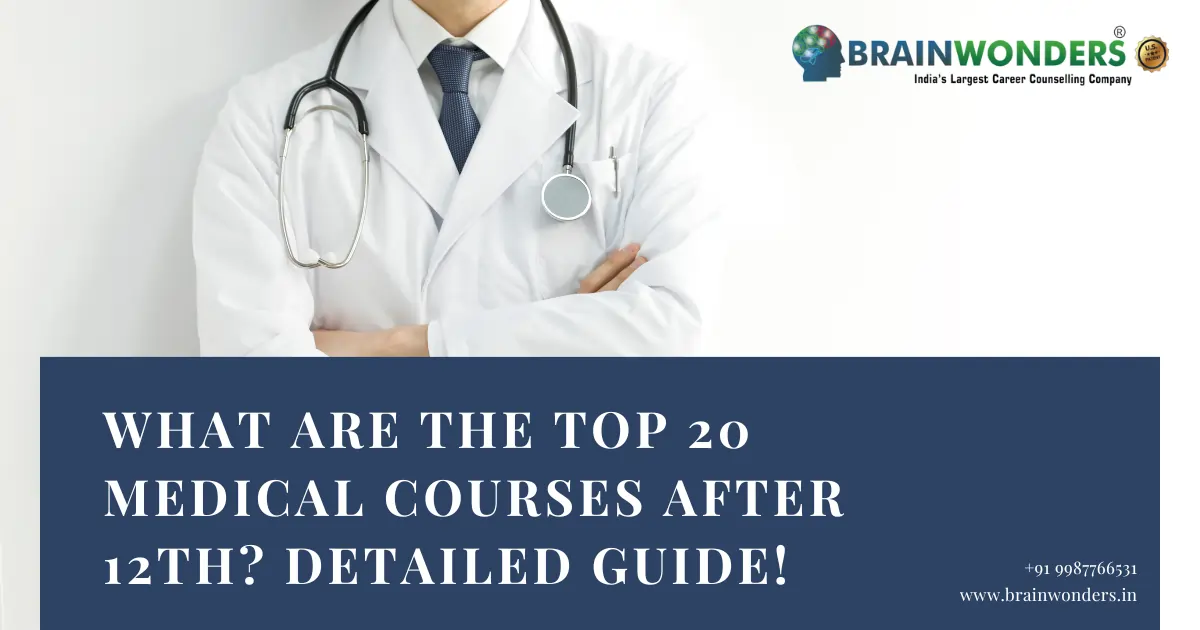
Are human anatomy and physiology, in addition to hormones, your most beloved subjects to study in school? Would you like to take medicine when you finish 12th? If yes, then this is the perfect article for you, the ultimate guide for countless opportunities in medicine and allied medical programs.
The focus is mainly on the top colleges, courses, entrance exams, and career scopes for medical courses after the 12th. This guide will deal with the top 14 possible medical-related courses to be taken after finishing school.
So, let's begin this journey full of information and discover a great deal in the area of medical education!
Doctors play an important role in maintaining health and fitness through the diagnosis and treatment of illnesses and injuries. Some doctors work with all age groups, while others may work in fields such as cardiology or neurology.
Top Colleges:
The Pharmacists ensure the proper and safe use of medications, give information on drugs, and counsel patients.
Top Colleges:
Direct physiotherapy patients to restore and retain physical functions, mobility, and well-being. They do so through a variety of techniques and therapies.
Top Colleges:
Ayurvedic practitioners consider the natural way in purification therapies and stress-reduction techniques together with curative ways of fighting illness.
Top Colleges:
BUMS focuses on achieving holistic health and well-being through Unani medicine.
Course Details:
The BUMS degree lasts 4.5 years and covers subjects such as Kulliyat (basic principles of Unani medicine), Ilmul Advia (pharmacology), and Amraz E Jild (dermatology).
Specialisation:
Post-graduation options include Moalijat (general medicine), Ilmul Qabalat wa Amraze Niswan (obstetrics and gynaecology), or Ilmul Saidla (pharmacy).
Professional Opportunities:
Graduates can work as Unani doctors in hospitals, dispensaries, wellness centres, research institutes, and private practice.
Entrance Exams:
NEET UG, followed by AACCC counselling.
Top Colleges:
Dentists diagnose and treat dental and oral conditions, ensuring oral health.
Course Details:
BDS is a 4-year course followed by a 1-year internship. Subjects include dental anatomy, oral pathology, dental materials, periodontics, endodontics, oral surgery, and prosthodontics.
Professional Opportunities:
Dentists work in clinics, hospitals, dental colleges, and research institutions.
Entrance Exam:
NEET UG is the entrance exam for BDS courses.
Top Colleges:
Nurses provide compassionate care, promote health, prevent illness, and assist in patient recovery.
Course Details:
BSc Nursing is a 4-year course covering anatomy, physiology, pharmacology, nutrition, medical-surgical nursing, pediatric nursing, psychiatric nursing, community health nursing, and research methodology.
Professional Opportunities:
Graduates can work as registered nurses in hospitals, clinics, community health centres, and nursing homes.
Entrance Exams:
Entrance exams vary by institution, with some accepting state-level exams and others using NEET-UG for admission.
Top Colleges:
Homeopathy focuses on the body's self-healing power and holistic treatment.
Course Details:
BHMS is a 5.5-year course covering herbology, ayurvedic plant healing, and homoeopathy principles. Post-graduation options include MD in homoeopathic pharmacy, medicine, psychiatry, and paediatrics.
Professional Opportunities:
Homeopathic doctors can work in medical colleges, research institutes, consultancies, training institutes, life science industries, healthcare communities, and nursing homes.
Entrance Exams:
NEET UG, followed by AACCC counselling.
Top Colleges:
Occupational therapists help individuals lead independent, productive lives by addressing physical, developmental, social, or emotional challenges.
Course Details:
BOT is a minimum requirement to start a career in occupational therapy. It includes various recovery techniques, internships, and training programs. Specialization options are available through a master's degree in occupational therapy.
Professional Opportunities:
Occupational therapists work in social service departments, hospitals, special schools, and private clinics.
Top Colleges:
BASLP focuses on diagnosing, evaluating, and treating communication disorders related to hearing, speech, and language.
Course Details:
BASLP is a four-year course that covers audiology, speech-language pathology, rehabilitation techniques, communication disorders, and research methodologies.
Professional Opportunities:
Graduates can work as audiologists, speech-language pathologists, or speech therapists in hospitals, clinics, rehabilitation centres, schools, and private practice.
Entrance Exams:
Admission processes vary by institution, with some conducting their own entrance exams and others using qualifying exam performance.
Top Colleges:
This program focuses on using advanced imaging technologies to diagnose and treat medical conditions.
Course Details:
BSc in Radiography and Medical Imaging is typically a 3-year course covering radiographic techniques, anatomy, medical physics, image interpretation, patient care, and radiation safety.
Professional Opportunities:
Graduates can work as radiographers, radiology technicians, or medical imaging technologists in hospitals, diagnostic centres, clinics, and research institutions.
Entrance Exams:
Admission processes vary, with some institutions conducting their own entrance exams and others considering qualifying exam performance.
Top Colleges:
The Bachelor of Optometry (B.Optom) program focuses on eye care and vision correction, training students to become optometrists and provide primary eye healthcare services. It is considered one of the top courses for medical students.
Course Details:
Professional Opportunities:
Graduates can work as optometrists, eye care specialists, and vision therapists or start their own private clinics.
Entrance Exam:
Some universities and institutions require entrance exams, while others admit students based on qualifying examination performance.
Top Colleges:
Overview:
Veterinarians provide medical care to animals, perform surgeries, conduct tests, vaccinate against diseases, and educate owners on animal care. If you love animals and want to treat them, this profession is right for you.
Course Details:
Professional Opportunities:
Graduates can work in private/government hospitals, clinics, poultry farms, husbandry departments, and research.
Entrance Exams:
NEET UG and various state-level entrance exams like MHT CET (Maharashtra), KEAM (Kerala), CENTAC (Pondicherry), GADVASU (Punjab, Himachal), GUJCET (Gujarat).
Top Colleges:
Overview:
The Bachelor of Science in Industrial Microbiology is an undergraduate program that focuses on studying microorganisms and their applications in industrial processes. This course combines microbiology with industrial applications, preparing students for biotechnology, pharmaceuticals, food industries, and environmental management careers.
Course Details:
Professional Opportunities:
Graduates of B.Sc in Industrial Microbiology can pursue diverse career paths in various sectors:
Entrance Exam:
Admission to the B.Sc (Industrial Microbiology) program may vary depending on the institution:
Top Colleges:
Medical Laboratory Technologists play a crucial role in diagnosing diseases by conducting lab tests on biological samples.
Course Details:
BSc MLT is a three-year course that covers subjects such as clinical biochemistry, haematology, microbiology, immunology, pathology, and molecular biology. Students also learn various diagnostic techniques, lab management, and safety procedures.
Professional Opportunities:
Graduates can work as medical lab technologists, clinical lab scientists, or lab managers in hospitals, diagnostic laboratories, research facilities, and pharmaceutical companies.
Entrance Exams:
Admission processes vary by institution, with some conducting their own entrance exams and others considering qualifying exam performance.
Top Colleges:
Cardiac Technologists assist cardiologists in diagnosing and treating heart-related ailments using various diagnostic and therapeutic procedures.
Course Details:
This 3 to 4-year program includes subjects such as anatomy, physiology, biochemistry, pharmacology, cardiac care technology, and diagnostic techniques like echocardiography and electrocardiography.
Professional Opportunities:
Graduates can work as cardiac technologists, echo technologists, or cardiac care technologists in hospitals, cardiac centres, and diagnostic labs.
Entrance Exams:
Admission processes vary, with some institutions conducting their own entrance exams and others considering qualifying exam performance.
Top Colleges:
Respiratory Therapists assist patients with breathing disorders and manage respiratory equipment.
Course Details:
The 3—to 4-year course includes subjects such as human anatomy, physiology, biochemistry, respiratory care techniques, critical care, and pharmacology.
Professional Opportunities:
Graduates can work as respiratory therapists, pulmonary function technologists, or critical care specialists in hospitals, clinics, and home care settings.
Entrance Exams:
Admission processes vary by institution, with some conducting their own entrance exams and others considering qualifying exam performance.
Top Colleges:
Dialysis Technologists manage and operate dialysis machines to help patients with kidney failure.
Course Details:
This 3-year course covers subjects like anatomy, physiology, renal diseases, dialysis technology, and patient care.
Professional Opportunities:
Graduates can work as dialysis technologists or technicians in hospitals, dialysis centres, and clinics.
Entrance Exams:
Admission processes vary, with some institutions conducting their own entrance exams and others considering qualifying exam performance.
Top Colleges:
Nutritionists and Dietitians help people maintain healthy eating habits and manage nutritional needs.
Top Colleges:
Optometrists diagnose and treat eye conditions and prescribe corrective lenses.
Top Colleges:
Choosing a medical course after the 12th class is one of the most critical decisions that lay the foundation for a successful healthcare career. It is a being in medicine, considering the various opportunities available in the field and the diverse specific interests and aspirations of individuals. It does not matter whether you want to become a doctor, pharmacist, physiotherapist, radiographer, or join the parade into alternative medicine; that course will suit your enthusiasms and goals.
Have any queries regarding this? Contact us here at Brainwonders. We provide comprehensive service and scientific assessment, which makes us a trusted partner for people of all ages, from preschoolers to job seekers. One's expertise and personalized accompaniment make Brainwonders the organization to empower preeminent potential avenues with fulfilling career pathways through evidence-based assessments, aptitude tests, interest tests, and personality tests, and DMIT, a biometric-based assessment.
Ans: Here are some of the options available to those who want to go into medical professional training without having to pass through NEET:
All these courses lead to specialization and many potential earning jobs. An educational counselor can determine which course is best based on your preferences and your eligibility requirements.
Ans: The scope of the medical courses would depend on the personal interest, market demand, and individual capability. Here are a few of the high-demand and promising courses in their careers:
Name a course into which your interests and passion flow; success always gushes in after hard work and dedication.
Ans: In order to take up medicine after completing Higher Secondary, you have to do a UG medical course such as MBBS or BDS. Candidates usually get eligibility through completing their 12th with Physics, Chemistry, and Biology. The admission process involves taking up the NEET exam for most students and going to any one of the counselling sessions.
Ans: The necessary percentage to be eligible for medical courses like MBBS or BDS is typically between 50-60 percent. Mostly admissions are done on the bases of NEET results. Although different medical-related courses have different percentage criteria depending on the colleges or universities, Again Physics, Chemistry and Biology must be the main subjects in 12th. Please check the specific eligibility criteria of each institution differently, as there could be different requirements.
Take Brainwonders Career Test and make the right decisions for your college and course ahead
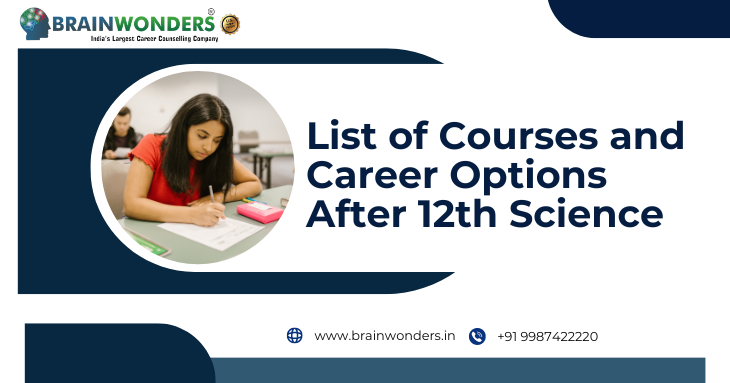
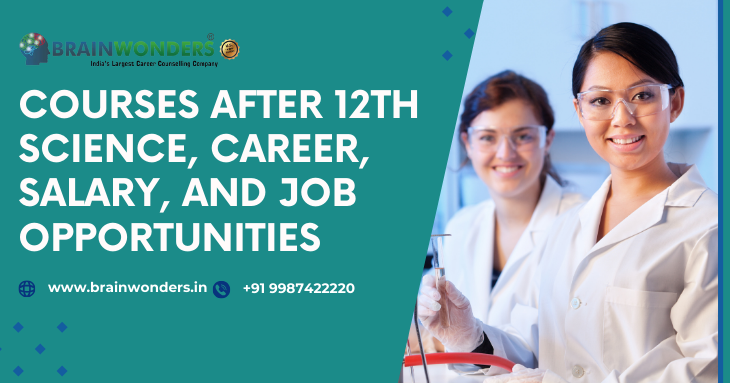
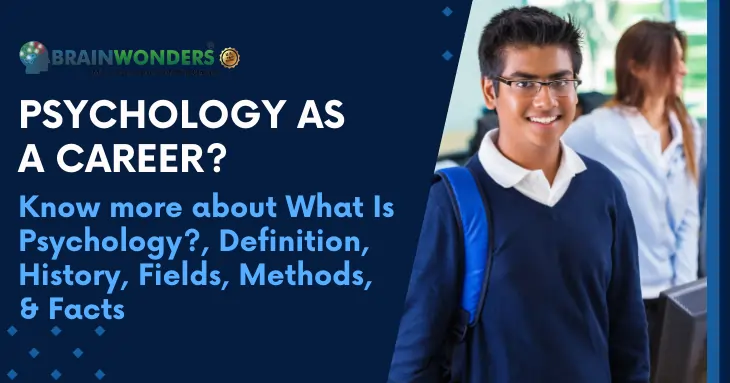
,_Syllabus,_Pattern,_Old_Question_Papers.png)
